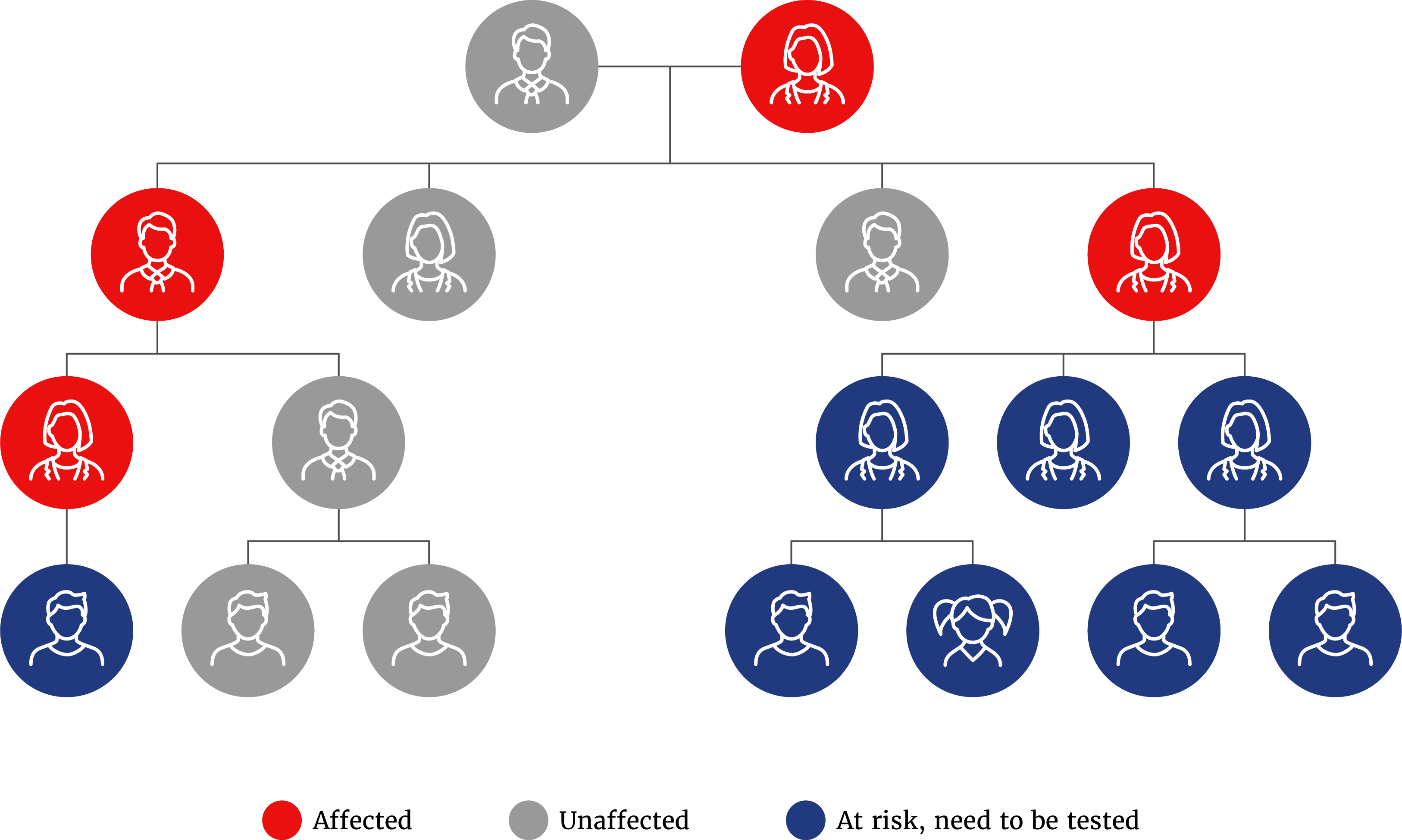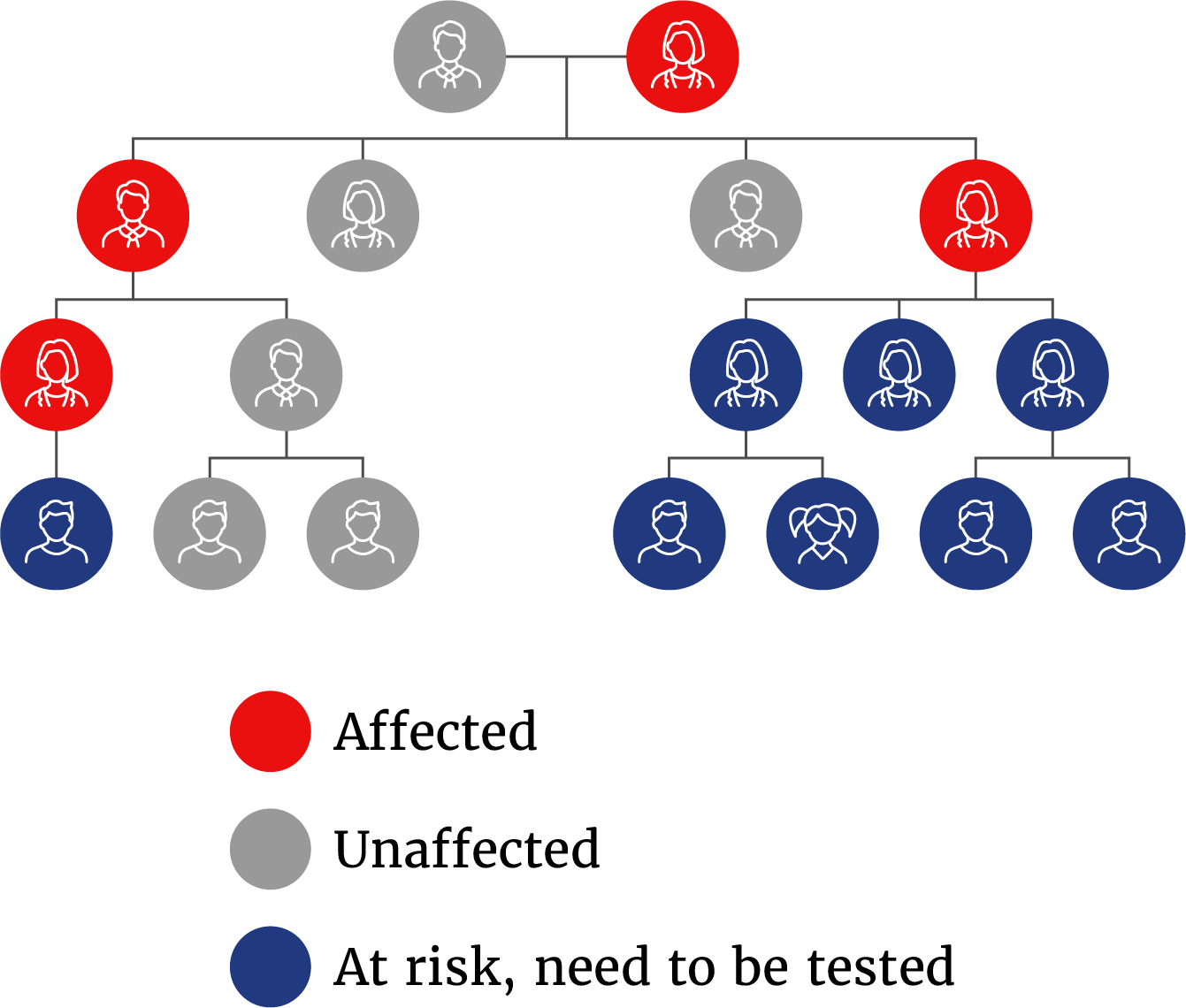References: 1. Laney DA, Bennett RL, Clarke V, et al. Fabry disease practice guidelines: recommendations from the National Society of Genetic Counselors. J Genet Counsel. 2013;22:555-564. doi:10.1007/s10897-013-9613-3. 2. Schermuly I, Muller MJ, Albrecht J, et al. Neuropsychiatric symptoms and brain structural alterations in Fabry disease. Eur J Neurol. 2011;18(2):347-353. doi:10.1111/j.1468-1331.2010.03155.x. 3. Bolsover FE, Murphy E, Cipolotti L, et al. Cognitive dysfunction and depression in Fabry disease: a systematic review. J Inherit Metab Dis. 2013;37(2):1-11. doi:10.1007/s10545-013-9643-x. 4. Sigmundsdottir L, Tchan MC, Knopman AA, et al. Cognitive and psychological functioning in Fabry disease. Archives of Clinical Neuropsychology. 2014:642-650. doi:10.1093/arclin/acu047. 5. Ortiz A, Germain DP, Desnick RJ, et al. Fabry disease revisited: management and treatment recommendations for adult patients. Mol Genet Metab. 2018;123(4):416-427. doi:10.1016/j.ymgme.2018.02.014. 6. Desnick RJ, Brady R, Barranger J, et al. Fabry disease, an under-recognized multisystemic disorder: expert recommendations for diagnosis, management, and enzyme replacement therapy. Ann Intern Med. 2003;138(4):338-346. doi:10.7326/0003-4819-138-4-200302180-00014.








